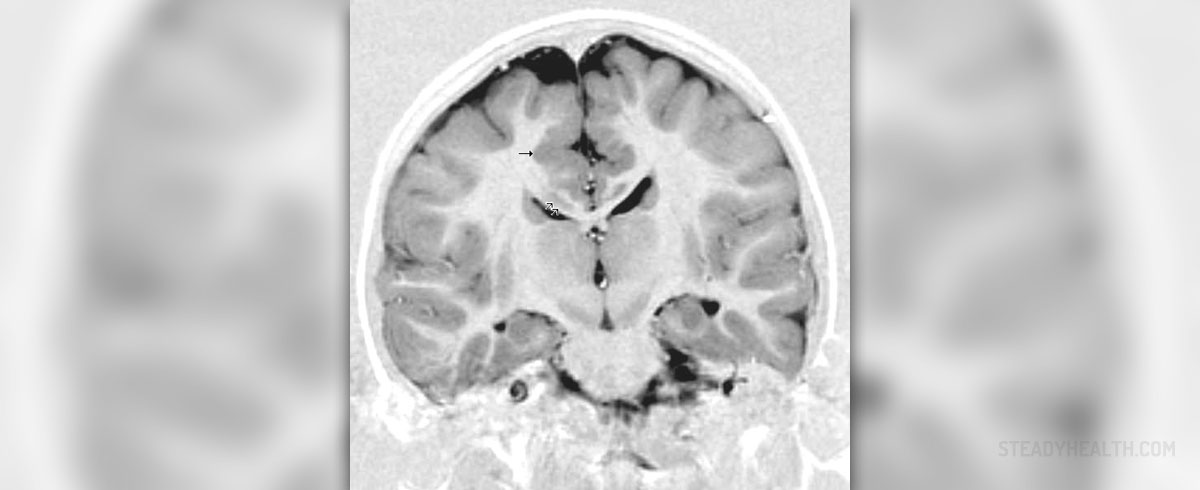
Seizures are activities in the brain that are impossible to control that manifest themselves through a series of body spasms. Nocturnal seizures are obviously the kind of seizures that occur at night, while the person is asleep.
When precisely do nocturnal seizures occur?
Nocturnal seizures are not likely to occur in the middle of the night. They are rather characteristic to appear shortly after the person has fallen asleep or just before waking up. There is always a possibility that the person will be unaware of these seizures to such an extent that they won’t even remember them. But, knowing that they do suffer from these, people are able to draw conclusions that they had, in fact, happened by a strong headache that is likely to take place upon waking up. Also, even if they are called nocturnal seizures, they are more connected to the state of mind than time of day, which means that they can occur while taking a nap during the day.
What causes nocturnal seizures?
One of the most common causes of nocturnal seizures is a previous injury to the head. The type of injuries that could potentially result in the appearance of nocturnal seizures is the kind that involves a heavy object smashing into the head or it hitting a hard ground. Even if the injury turns out to be moderately dangerous, there’s still chance of these seizures showing up. The peculiar thing is that they might not start manifesting themselves straight away, but months, and even years later.
People who consume alcohol and narcotics in excessive quantities are also prone to nocturnal seizures, particularly if they decide to quit them. Trying to stay off drugs can lead to nocturnal seizures, which are a sign of the withdrawal of drugs from the brain.
Brain diseases are another frequent cause of nocturnal seizures. Sometimes the person becomes predestined to have them even before they are born because they can be of genetic nature while sometimes they are the result of some sort of deficit that disables the brain from developing properly. Brain conditions that can cause these during life are various brain infections or brain tumor in children or adults.
Various other diseases have been proven to be responsible for some nocturnal seizures as well, and they include lead poisoning, meningitis, and encephalitis, to name a few.
Finally, although it’s rare, nocturnal seizures can happen to children as well. They are usually the result of high body temperature during an illness and most likely do not follow them into adulthood.



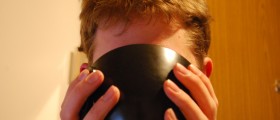

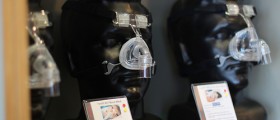
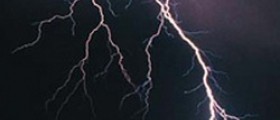
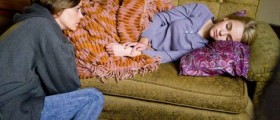




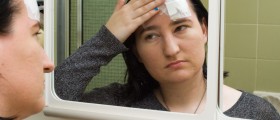

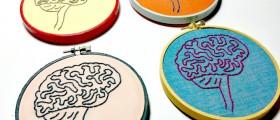


Your thoughts on this
Loading...